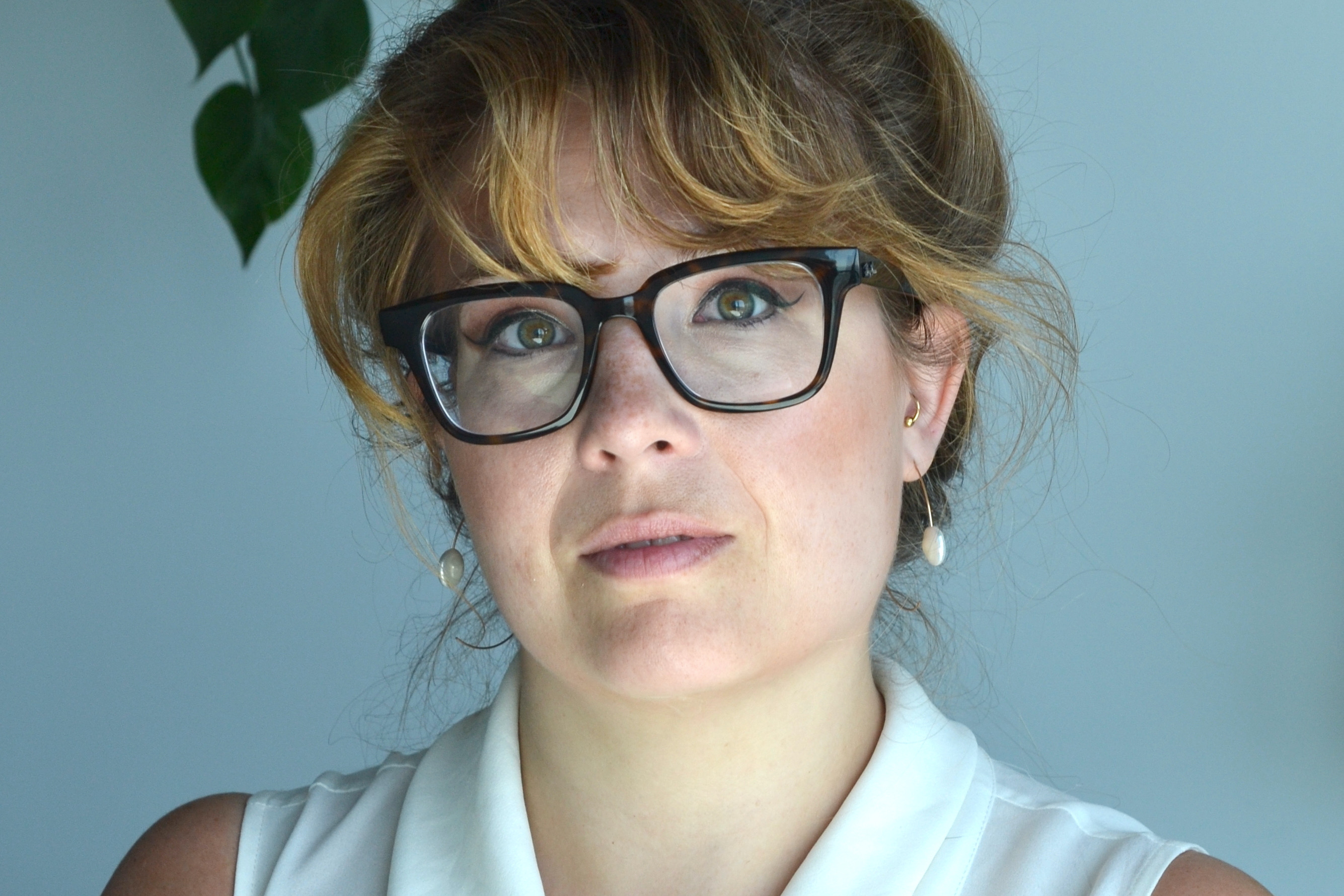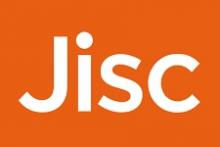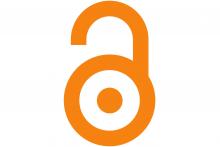MENA barriers to open access publishing

Emily Choynowski
Emily Choynowski surveys the challenges facing academic publishers in the Middle East
I work for Knowledge E, an open access publisher based in the United Arab Emirates. In this role, I’ve gained first-hand experience of some of the huge changes which the academic publishing sector is undergoing at present, with growing support for the open access movement and greater appetite for online learning and e-resources driving a comprehensive redevelopment of publisher business models. Highlighting the vital importance of online access to research, Covid-19 has undoubtedly speeded up this shift towards a more digital focus for education and research. It also foregrounded accessibility issues surrounding e-resources and underscored the true value of open access content.
We believe that increasing the accessibility and visibility of research is key to ensuring the sustainability of scholarly communications ecosystems, supporting diverse research communities and the needs of the wider public. This is one of the reasons why we launched an open access publishing division in 2016. The publishing division is still comparatively small, but we are growing rapidly and I believe that we meet a real need in the region, providing diamond/platinum open access publishing in English and Arabic languages to scholars in every discipline.
However, while there is undoubtedly a need for this service – especially given the strong government mandates to promote Arab-language research and the drive to develop world-leading digital education infrastructure – there are also a number of challenges which are impeding the uptake of non-traditional publishing methods such as open access.
Now the Middle East is by no means the only region experiencing a certain amount of resistance to open access. I have to admit that – on a personal level – I am guilty of it myself. Although freely accessible content was a godsend during the pandemic, allowing me to continue to conduct and publish research throughout, that’s not to say that I’d necessarily prefer to publish open access myself. Somehow publishing online articles just isn’t as exciting as the tactile delight of having a physical copy of my own work on the shelf. Plus, while I do have an open access article coming out shortly, there aren’t actually that many open access venues in my field (19th-century British literature) – and this is true of the humanities more broadly. The issue is even more acute when we look to bilingual and Arabic language journals in Humanities disciplines, where the open access journal is a fairly rare beast (and the diamond/platinum option even rarer).
And this latter issue is crucial as, not only are there less open access journals in my field, there’s also less funding available to support scholars looking to get published. Now, I have a stable job and so paying my own APCs would not be a problem – but I’m very aware that this is a huge challenge for many researchers in humanities and social sciences, especially early career researchers and those on precarious short-term contracts. And although many institutions in the MENA region are aware of the issue and have allocated publishing fee budgets, these are often swallowed up by the big publishers in quid pro quo acquisitions agreements that severely restrict the range of available publications which researchers can submit to – both with regards to discipline and language.
And this brings us to another problem which I face with regards to open access – the fact that, unless properly managed, there is a strong risk that instead of ensuring equity in education the open access movement will effectively disenfranchise those working in non-STM disciplines, publishing in niche areas, or producing non-English-language research. This is one of the key reasons why Knowledge E launched its publishing division – to provide open access journals where scholars from this region could publish research in their own language and to give them a platform to promote their research to a global audience, ensuring the visibility and discoverability of their research with English-language metadata and extensive indexing.
However, publishing is a service – a valuable service – and as head of publishing at Knowledge E, I’m very aware that someone, somewhere must pay us for these services! As a diamond publisher, our services are provided to the authors for free and the publishing fees are covered by the journal owners (learned and medical societies, and universities). But this is not always possible for journal owners.
As an academic, I sit on the editorial board of a well-established literature journal. We pride ourselves on our inclusivity, ensuring each issue has a balance of new and established scholars, male and female, and – where possible – contributions from developed and developing economies. Currently, the journal subscription fees help to fund the learned society which owns it. It would be difficult for us to make a successful transition to an open access model – quite simply no one has the money to cover the publishing costs and without the revenue from subscriptions both society and journal would cease to exist, and scholars would lose a valuable forum for discussion and debate. And this is not an isolated case – many journals simply cannot afford to shift to open access because their contributors cannot afford it. And this, again, restricts the range of open access journals available to scholars, especially niche journals with small, highly-engaged readerships.
In addition to availability and affordability issues such as these, one of the biggest challenges which I face as an open access publisher is the widespread misconception regarding the nature of Open Access publications amongst many researchers in this region. The two most common misconceptions that I come across are that open access is a predatory movement designed to steal money and research, and that open access content is inherently low quality. I have been told this repeatedly during meetings with universities and research institutions, and during the publishing workshops which I run for our training and consultancy division. When we ran an online quiz for researchers in the region as part of this year’s open access Week initiative, the statistics were truly disheartening with 26 per cent of respondents convinced open access was synonymous with predatory publishing; 30 per cent not knowing what open access was; and a whopping 53 per cent not realising they retained ownership of the copyright.
We hoped to help address this widespread lack of awareness about open access and its benefits by hosting a symposium during Open Access Week: Towards a more knowledgeable world - Open Access research in MENA. We brought together 13 speakers from seven countries, and their presentations provided effective strategies and useful tips for governments, higher education institutions, and individual researchers around the introduction and development of Open Access research and policies.
The event was a great success, not only because the speakers offered valuable insights but also because the audience was incredibly engaged throughout the 6-hour event. In a series of collaborative and supportive group dialogues, attendees asked each other for advice and discussed their key concerns. The two biggest issues, voiced again and again during the event, were (1) the need to address the growing threat of predatory practices in open access publishing and (2) the emphasis which universities and funding bodies place on anachronistic journal-evaluation metrics, an approach which disadvantages and even penalizes scholars publishing open access content. Our audience drew attention to the way in which these practices (deliberately or inadvertently) foster a bias against open access research, encouraging a persistent devaluing of open access publications even in institutions which are officially pro-open access.
Now I believe it is vitally important that scholars should be free to focus on finding the best possible location to showcase their research, choosing journals with the right readership (rather than the right ranking) to ensure their articles are read by audiences who will engage with and quote this research. (I run a Knowledge E workshop on this topic for researchers in the MENA region). However, academics are increasingly forced to be more strategic with their publication outputs as many universities are not only using journal ‘impact factors’ to decide whether to cover author APC charges, but also using them to make hiring and promotion decisions. It’s no longer enough to write and publish original research that makes a valuable contribution to your field; now you must fulfil set quotas that define the volume of outputs and impact of publications in order to keep your job.
This is bad for both the scholarly ecosystem in general and open access in particular. First, the impact factor is a metric designed to evaluate the overall success of a journal not the performance of individual scholars. Secondly, this measuring system is unfairly weighted in favour of English-language STM publications and therefore disenfranchises non-English speaking researchers. Thirdly, it is no longer a valid method of evaluation. Formerly, in the absence of any other data, concepts of ‘success’ were based on citation levels. However, the rapid technological expansion of the past few decades has profoundly changed the ways we access and engage with research. But the ‘impact factor’ has not kept pace with these developments.
This resistance to change seriously hampers the development of the open access movement. We all recognise that open research is uniquely suited to have real impact; designed to be read for free by any researcher anywhere in the world, it can be shared and discussed in virtual classrooms and on social media platforms as well as in traditional bricks-and-mortar libraries and lecture halls. But new digital forms of impact are not credited in established value-systems, focused as they are on citations in other scholarly journals. Moreover, these old measuring methods effectively penalise the entire open access movement because of the protracted time it takes for new publications to be read, incorporated into new research, for that research to be published, and for this to happen enough times for the journal to receive an impact factor. Most open access journals are newer and therefore lack impact factors, which results in a widespread devaluing of the category as a whole and acts as a further deterrent as scholars avoid publishing in open access journals because they fear it will harm their promotion prospects.
As a regional open access publisher, this represents a significant challenge for us and contributes to the persistent undervaluing of open access research in many of the scholarly communities we do business with. Of course, we realise that while a fully ‘open’ world is a wonderful concept, there are fundamental issues which need to be acknowledged and addressed to ensure that it is equitable and inclusive for all scholarly disciplines, geographic regions, and economic demographics.
However, we are not deterred and continue to work towards our mission to support real change in the region and help to achieve true equity in education. We are confident through our ongoing work, including a new regional initiative to help support the awareness and development of open access across MENA, we can tackle the misperceptions that surround OA, give regional researchers a platform to reach the rest of the world and ultimately realise our vision for a more knowledgeable world.
Emily Choynowski is head of publishing for Knowledge E.










